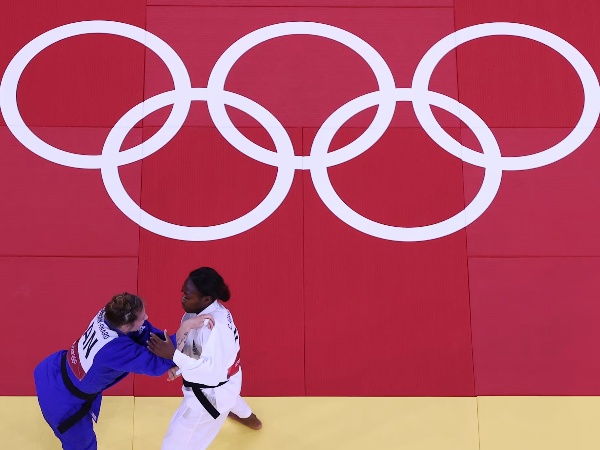All About Judo Ahead Of The 2024 Summer Olympic Games
Judo, a traditional Japanese martial art, evolved from jiu-jitsu, the combat technique of ancient samurai warriors. Dr. Jigoro Kano established the discipline in Tokyo in 1882, founding his first school, the kodokan. Despite its name meaning "the gentle way" in Japanese, judo demands significant physical exertion. Dr. Kano integrated philosophical principles with methods for physical, intellectual, and moral education, while also eliminating the more perilous elements of jiu-jitsu. Over time, judo gained popularity in Europe, particularly in France during the late 20th century, becoming the first martial art widely practiced beyond Japan's borders. Its appeal stems from its blend of practical self-defense techniques with a structured approach to personal development, making it not just a sport but also a path to physical prowess and ethical growth embraced worldwide.
In judo, the primary objective is to throw your opponent to the ground, immobilize them with a pinning hold, or force them into submission with a joint lock or choke. The sport operates on a scoring system that distinguishes between various levels of success in executing these techniques. The highest score in judo is an ippon, awarded when a judoka throws their opponent to the mat with considerable force, speed, and control, landing them squarely on their back. Alternatively, ippon can be achieved through submission or by maintaining a pin for a full 20 seconds. Achieving an ippon results in an immediate victory in the match.
A waza-ari, a lesser score, is given for a throw that doesn’t meet ippon criteria (perhaps due to insufficient force or the opponent landing on their side or front) or when an opponent is pinned for between 10 and 19 seconds. If a judoka earns two waza-ari during a match, it equates to an ippon, leading to an automatic win. Judo's scoring system emphasizes precision and effectiveness in executing techniques, rewarding not only successful throws but also strategic control and dominance over an opponent on the ground. This structure encourages judokas to strive for clean, powerful throws and skilled groundwork, balancing aggression with technique in pursuit of victory.
Judo made its Olympic debut during the Tokyo 1964 Games and has since become a permanent fixture in the Olympic program starting from the 1972 Munich Games. Initially introduced as a demonstration sport for women in 1988, judo swiftly transitioned to an official medal event just four years later at the Barcelona 1992 Olympics.
Since its inclusion in the Olympic Games, judo has experienced widespread global popularity. At the Tokyo 2020 Olympics, 128 National Olympic Committees participated in the judo competition, highlighting its broad international appeal. Japan has been particularly dominant in the sport, securing an impressive tally of 96 medals across various editions of the Games. Additionally, French judokas have garnered 57 medals, while judokas from the Republic of Korea have amassed 46 medals, underscoring their significant contributions to judo's competitive landscape on the Olympic stage.
Judo's presence in the Olympics has not only showcased its rich heritage and technical prowess but also fostered its growth as a globally admired martial art and competitive sport. The Games continue to serve as a pinnacle for judo athletes, drawing attention to their skills, strategy, and dedication on an international platform.
